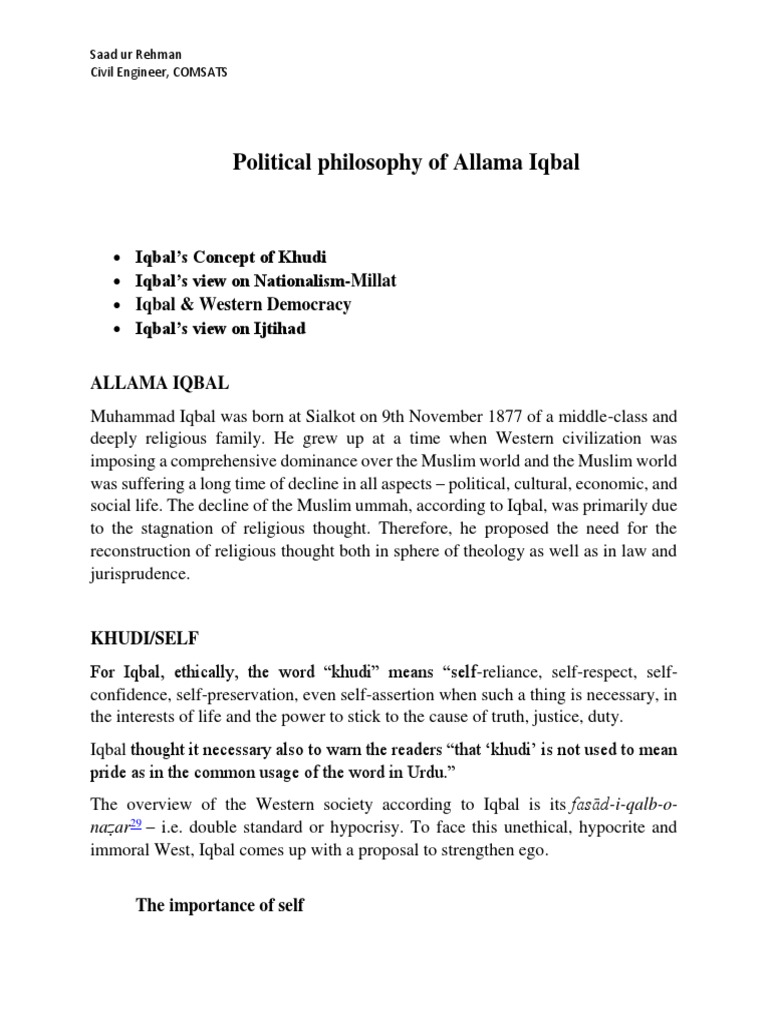Shia teachings encompass a vast array of philosophical and theological concepts, deeply rooted in the historical and spiritual lineage of Islam. One such important text is “Iqbal al-amal,” which provides insight into the ethical and practical dimensions of Shia thought. This book serves not only as a theological treatise but also as a moral compass for adherents striving to embody the principles of their faith in daily life. Readers can glean a multitude of perspectives and knowledge from its pages.
The fundamental premise of “Iqbal al-amal” revolves around the manifestation of one’s beliefs through action. The title itself signifies the importance of practical application of religious teachings. In Shia Islam, faith is inseparable from action; thus, the book emphasizes how individual deeds reflect one’s spiritual convictions. This concept is pivotal, serving as a reminder that belief should be a driving force behind ethical behavior.
Within the framework of Shia doctrine, the text intricately weaves together multiple dimensions of moral philosophy. The reader can expect to encounter an in-depth analysis of ethical principles derived from the teachings of the Imams, particularly the emphasis on justice, compassion, and social responsibility. The teachings elucidate how individuals can cultivate virtues that not only enhance their own character but also contribute positively to the society around them.
In examining the concept of justice, the book discusses its paramount importance in Shia thought. Justice is framed as a divine attribute and is foundational in establishing order and harmony within the community. Readers will find arguments that highlight the necessity for equitable treatment of all individuals, regardless of their status or background. This notion aligns seamlessly with the broader Shia narrative that venerates the figure of Imam Ali, renowned for his unwavering commitment to justice and righteousness.
Tags
Share this on:
[addtoany]


